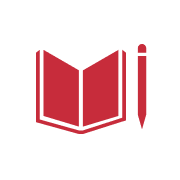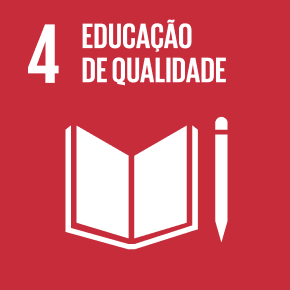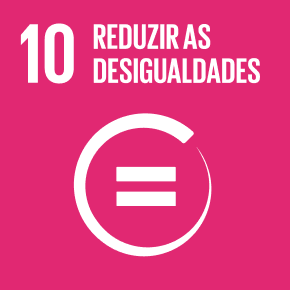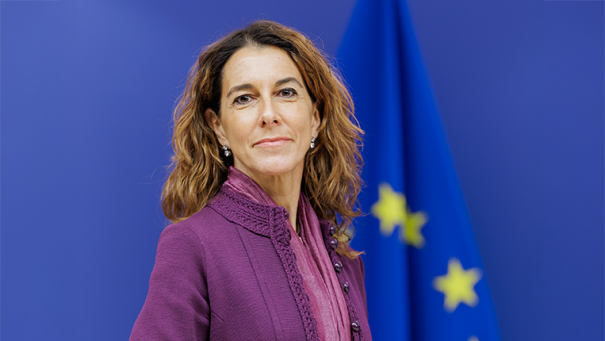OPEN CALL | T4EU launches the 1st Festival of European Culture and Languages
Universidade Católica Portuguesa has just opened the call for Bachelor, Master and PhD students to participate in Transform4Europe’s first Festival of European Culture and Languages : Tourism and Heritage from the Border, which takes place from 7 to 11 July 2025 at the University of Trieste in collaboration with GLAM sector stakeholders.
Apply by April 21st to one of the 2 fully paid scholarships which cover travel, accommodation, and insurance for the selected students to participate in the festival.
About the festival
Tourism plays a crucial role in shaping Europe’s cultural and economic landscape, yet it often leads to challenges such as overtourism and the oversimplification of urban narratives. Many cities, particularly those in border regions, experience a reduction of their complex histories into easily marketable stories, obscuring the intricate historical, anthropological, and political dynamics that define them.
This festival critically examines these issues by using Trieste, a city deeply influenced by its border identity, as a case study. Participants will explore the city as “cruisers,” much like the hundreds of tourists arriving daily, but with a critical perspective. Through guided explorations and discussions, they will analyze what is made visible in heritage narratives and what remains hidden, uncovering the contested and layered nature of urban identity.
About the Requirements
- Be a BA, MA or a PhD student at UCP.
- Demonstrate strong communication and comprehension skills in English
- Fulfill all application requirements (detailed in the the call).
Categorias: Transform4Europe
Tue, 08/04/2025

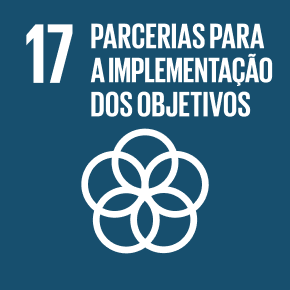

ODS 17
Reforçar os meios de implementação e revitalizar a Parceria Global para o Desenvolvimento Sustentável
Saiba Mais

